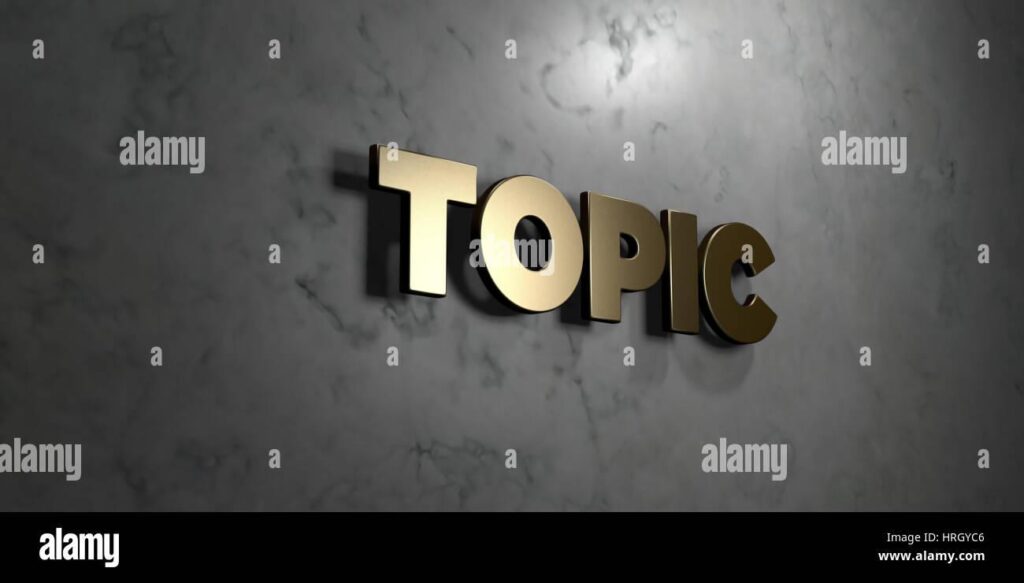Chad’s Political Turmoil Deepens After Detention of Opposition Leader
The political landscape in Chad has taken a dramatic turn following the arrest of the country’s leading opposition figure on Monday. This move has sparked widespread condemnation from human rights organizations and international observers alike. Authorities have accused the opposition leader of inciting unrest amid recent protests triggered by contested political transitions and calls for democratic reforms. This detention highlights ongoing difficulties faced by dissenting voices in Chad and raises alarms about increasing instability within the nation. Experts are closely monitoring how these developments could impact both Chad’s fragile governance structures and broader regional security.
Turning Point in Chad’s Unrest: The Arrest That Shook the Nation
The apprehension of a prominent opposition leader marks a significant escalation in Chad’s escalating political crisis. Accused of provoking violence during large-scale demonstrations, this action has drawn sharp rebuke from civil rights advocates and intensified public discontent among pro-democracy supporters. The government’s intensified suppression signals a worrying drift toward authoritarianism, threatening to erode democratic norms that remain tenuous at best.
The current wave of unrest is fueled by mass mobilizations cutting across various social sectors protesting systemic injustices. Key factors driving this upheaval include:
- Heightened State Repression: Increased deployment of security forces targeting activists and protest participants.
- International Diplomatic Pressure: Calls from global leaders urging restraint while advocating for inclusive dialogue processes.
- Use of Excessive Force: Verified reports documenting disproportionate crackdowns on peaceful demonstrators.
This volatile situation raises pressing questions about whether Chad’s ruling elite will engage constructively with opposition demands or double down on repressive tactics-risks that could further destabilize an already fragile state with repercussions extending beyond its borders.
Sociopolitical Strains Amid Economic Hardships: Examining Incitement Claims
The allegation that the detained opposition figure incited violence emerges against a backdrop of worsening economic conditions exacerbating public dissatisfaction throughout Chad. Inflation rates have surged past 15% as measured early in 2024, coupled with rising unemployment levels, intensifying frustrations that fuel demands for comprehensive reforms. While government officials defend their crackdown as necessary to maintain order, critics argue these actions primarily aim to stifle legitimate political dissent rather than safeguard citizens’ welfare.
This multifaceted crisis exposes deep societal rifts between those pushing for democratic change and others fearful that escalating repression may ignite further conflict. Crucial elements shaping this dynamic include:
- Deteriorating Economic Environment: Rising costs eroding living standards nationwide amid stagnant growth.
- Sustained Political Intimidation: Systematic efforts to weaken opposition parties undermine pluralistic governance.
- Diplomatic Engagements Impacting Internal Affairs: International responses influencing power balances within Chad’s political arena.
| Date | Description | Civil Authority Response |
|---|---|---|
| April 2023 | Nationwide protests erupt over soaring food prices and inflation pressures | Laws enforcement agencies deployed extensively across major cities to suppress gatherings |
| Expansion of nationwide surveillance programs targeting activists tr > |
Paving Paths Forward: International Approaches To Support Democratic Progress
The detention underscores serious doubts regarding democracy’s future trajectory in Chad-a nation already grappling with entrenched authoritarian tendencies under its current leadership. This event spotlights urgent requirements for recalibrated international strategies aimed at strengthening democratic resilience while discouraging oppressive practices through targeted interventions such as: p >
- < strong >Global Diplomatic Engagement : strong > Utilizing diplomatic influence worldwide to champion freedom of expression and multiparty democracy.< / li >
- < strong >Targeted Sanctions : strong > Imposing penalties on individuals responsible for human rights abuses sends clear deterrent signals.< / li >
- < strong >Support For Civil Society : strong > Enhancing financial aid and technical assistance toward grassroots organizations advocating governance reforms.< / li >
- < strong >Regional Cooperation : strong > Collaborating with African Union institutions alongside neighboring countries fosters mediation efforts encouraging peaceful solutions.< / li >
< / ul >An agile approach based on continuous monitoring is vital given rapidly shifting realities; coordinated global action can help cultivate an environment where dissent is respected as essential rather than criminalized within functioning democracies.The table below outlines key international stakeholders involved along with their respective roles:
Organization Role A Defining Moment: Prospects For Democracy In A Fractured Nation
This recent arrest transcends mere legal proceedings-it epitomizes broader struggles over legitimacy, civil liberties, and rule-of-law adherence within Chad’s evolving political system. As accusations surrounding incitement circulate amidst mounting economic distress, uncertainty looms over whether future democratic engagement will advance or if tensions will spiral into deeper conflict zones.
Global observers remain vigilant as national authorities confront growing domestic pressures alongside international scrutiny-to uphold fundamental freedoms while addressing genuine grievances peacefully.
Ultimately, decisions made now will profoundly shape not only internal stability but also peace prospects throughout Central Africa moving forward.

